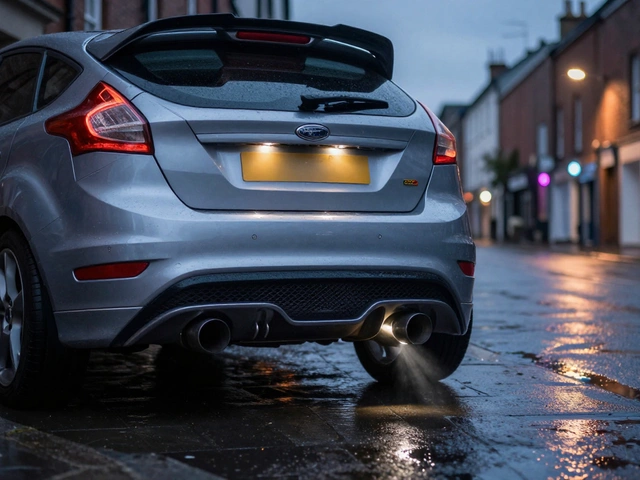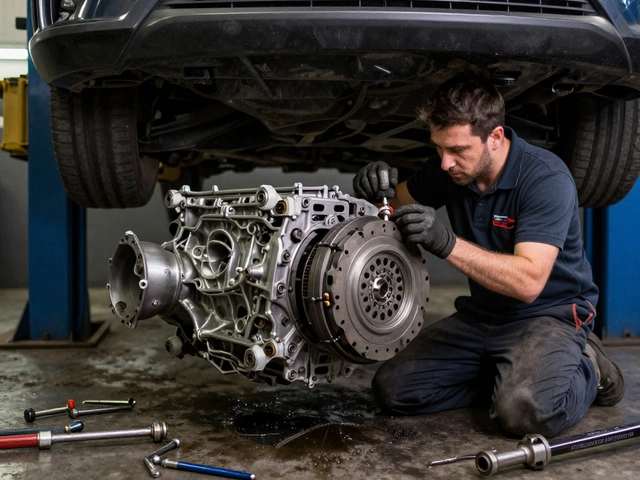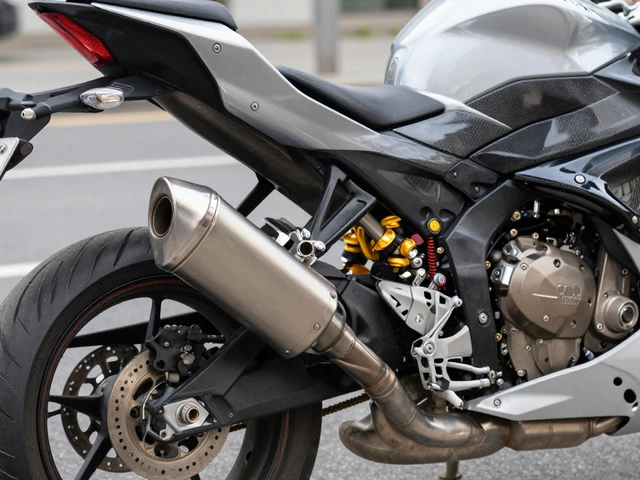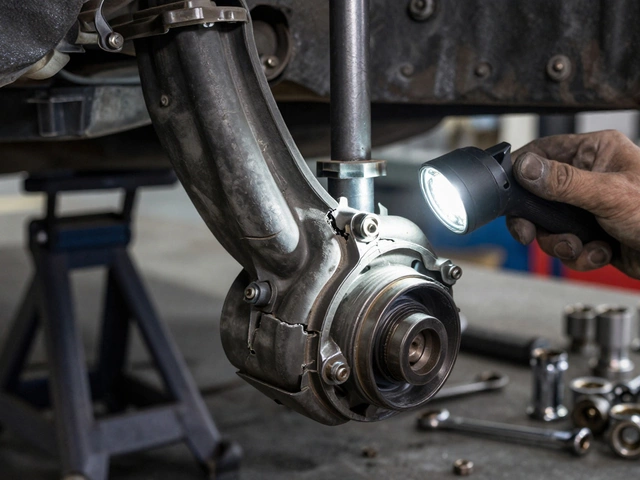UK Driving Law: What You Need to Know About Vehicle Rules and Safety
When you drive in the UK, you’re bound by UK driving law, the set of legal rules that govern how vehicles must be maintained and operated on public roads. Also known as road traffic regulations, it’s not just about avoiding fines—it’s about keeping you, your passengers, and everyone else safe. These rules cover everything from how worn your tyres can be to whether your brakes are fit to stop the car in time. Ignoring them doesn’t just risk a penalty; it puts lives in danger.
One of the most common areas drivers get wrong is tyre condition, the legal minimum tread depth is 1.6mm across the central three-quarters of the tyre, around its entire circumference. But many don’t realise that even tyres above this limit can be dangerous if they’re unevenly worn, cracked, or damaged. The same goes for brake systems, which must be able to stop your car safely under normal driving conditions. A worn brake pad or warped rotor might not trigger a warning light, but it’s still illegal and unsafe. These aren’t optional upgrades—they’re legal requirements enforced during the annual MOT test, the mandatory vehicle safety inspection in the UK.
It’s not just about tyres and brakes. Your lights must work. Your windscreen wipers need to clear the glass properly. Even your exhaust can’t be excessively loud—noise limits are part of the law too. And if your car’s suspension is broken, it’s not just a comfort issue. Poor suspension affects steering, braking distance, and control, especially in wet weather. That’s why suspension components, including shock absorbers and control arms, are checked during the MOT and can cause an immediate fail if damaged. The law doesn’t care if you’re in a hurry or think your car "still drives fine." If it doesn’t meet the standard, it’s illegal to drive.
What you’ll find below isn’t a list of legal jargon. It’s real-world advice from drivers who’ve been there—how to spot failing shocks before they cost you a fine, why skipping an oil change can affect emissions and lead to an MOT failure, and how to check your battery so your car starts every time. These posts don’t just fix problems—they help you stay ahead of the law. Whether you’re dealing with brake rotors, fuel pumps, or exhaust noise, every topic here ties back to one thing: keeping your car legal, safe, and on the road.





